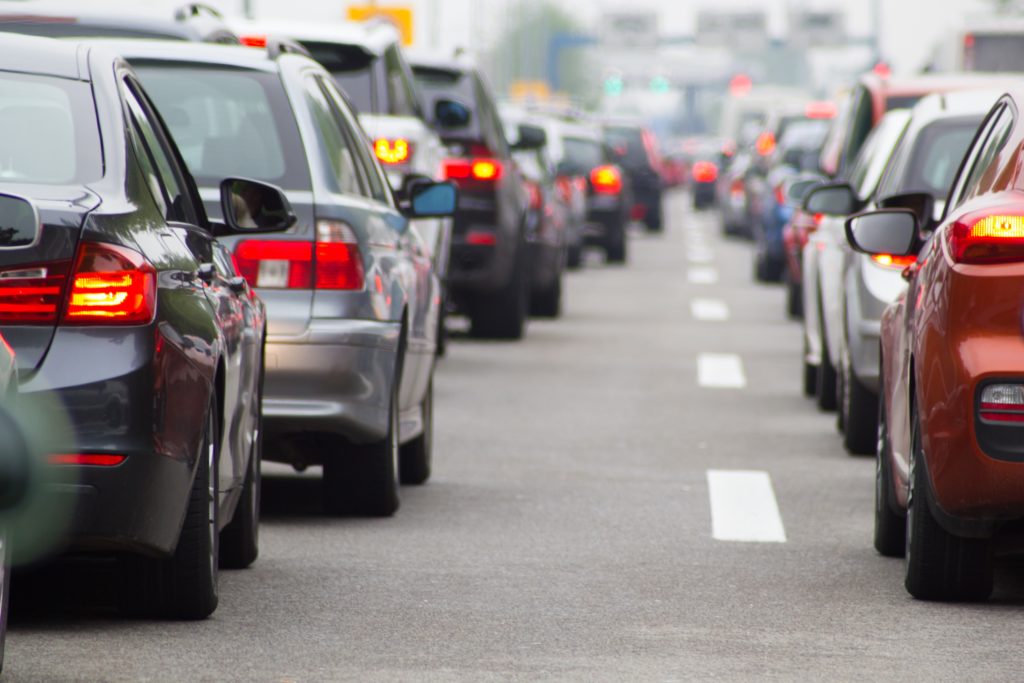



Too many Maryland drivers face prohibitively high auto insurance premiums when trying to comply with the state’s mandatory insurance. For these residents, the options of not driving at all or driving uninsured in violation of state law each comes with deep downsides – economic immobility or expensive fines. Many other low- and moderate-income residents buy auto insurance for a time but simply cannot keep up with the cost of coverage, leaving them either intermittently uninsured or severely financially stressed.
Additionally, deep-seated racial inequities and discriminatory insurance pricing have long hampered economic mobility in several African American communities of Maryland, especially Baltimore City. In 10 predominantly African American ZIP codes of Baltimore, where good drivers face annual premiums in the thousands of dollars for the bare minimum of coverage, auto insurance has been deemed unaffordable by the U.S. Department of Treasury’s Federal Insurance Office.
In “An Auto Insurance Lifeline for Safe Driving, Lower-Income Marylanders,” author Doug Heller, an insurance expert for Consumer Federation of America, examines the current auto insurance landscape for lower-income Maryland drivers. The report finds that often the highest premiums in the state are charged to those who are least able to afford coverage.
Despite a variety of “carrot and stick” policy efforts to reduce the number of uninsured motorists, approximately 12% of drivers on Maryland roads remain uncovered. The report finds that the state needs new approaches to this persistent problem in order to improve economic opportunities, address inequities, and reduce the number of uninsured drivers in the state. In short, hundreds of thousands of Marylanders need an auto insurance lifeline to help them confront the crisis of auto insurance unaffordability.
The report examines The California Low Cost Automobile Insurance Program as a model that could be adapted to the Maryland market. This program, which has covered more than 150,000 low-income Californians, makes a bare bones auto insurance policy available to qualifying good drivers for less than $500 per year, even in traffic-intense Los Angeles. Although there are no subsidies of these policies, the premiums remain low due to the unique structure of the program:
The creation of a Maryland Lifeline Auto Insurance program for lower-income, safe drivers, the report concludes, will not likely eradicate the whole of the uninsured motorist problem, but it would confront discriminatory pricing in the market and provide an important opportunity for many thousands of Maryland drivers to improve both their literal and economic mobility.